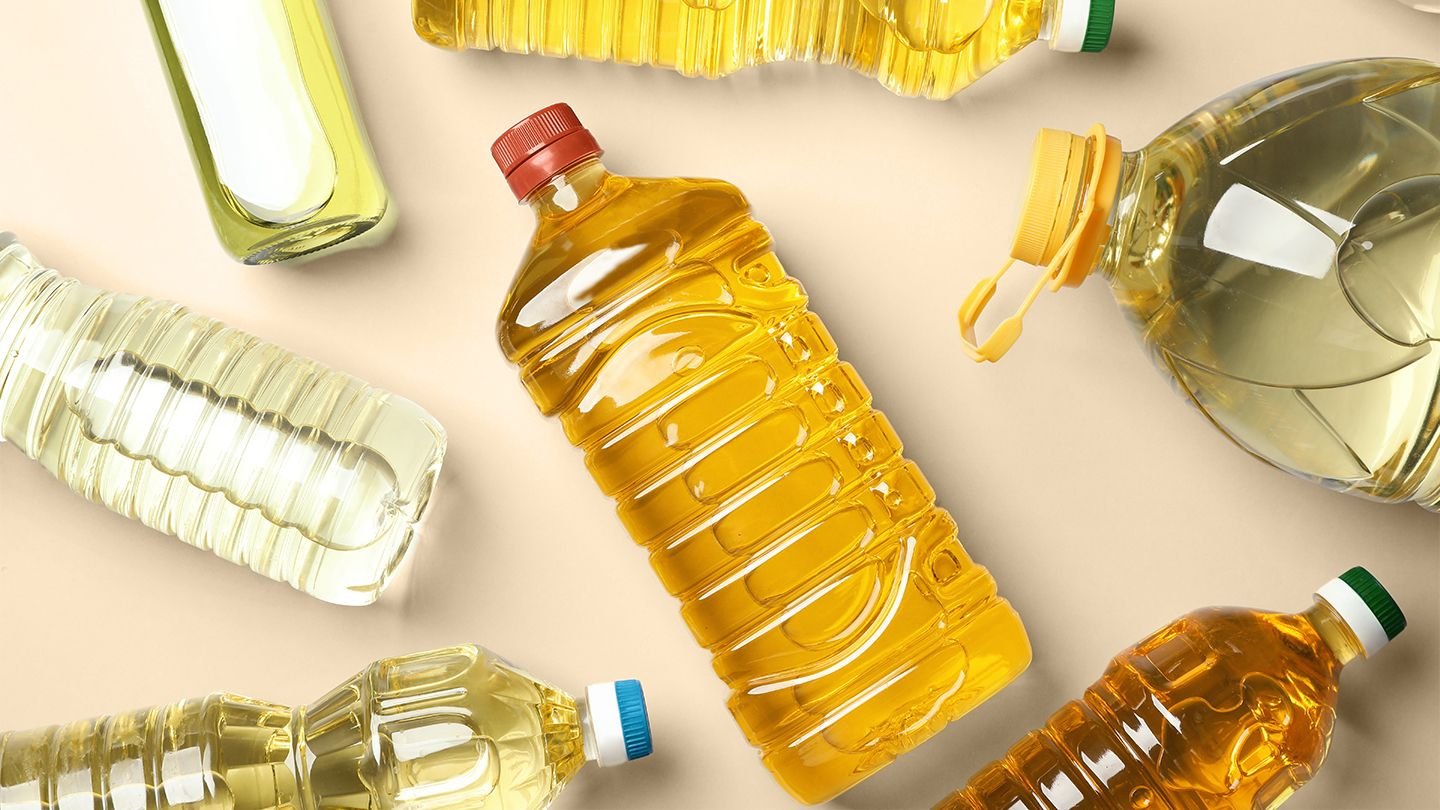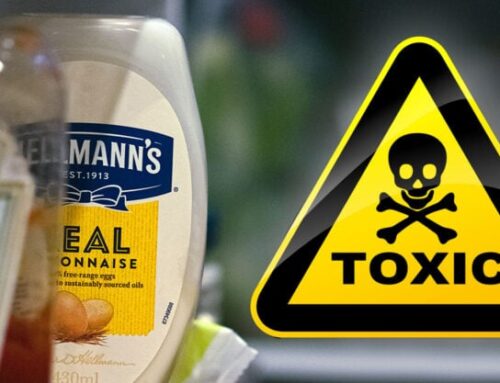In recent years, seed oils like canola, sunflower, soybean, and corn oil have become ubiquitous in modern diets. Found in everything from salad dressings to fried foods and baked goods, these oils are marketed as “heart-healthy” alternatives to traditional fats like butter or lard. However, emerging research and nutritional experts suggest that seed oils may not be as harmless as they seem. Below, we explore the potential dangers of seed oils and why you might want to rethink their role in your diet.
1. High in Omega-6 Fatty Acids
Seed oils are rich in omega-6 fatty acids, a type of polyunsaturated fat. While omega-6 fats are essential in small amounts, most modern diets are overloaded with them due to the prevalence of seed oils.
The problem lies in the imbalance between omega-6 and omega-3 fatty acids, which are also essential fats. A healthy ratio is crucial for reducing inflammation in the body. However, many Western diets have a ratio as high as 20:1 in favor of omega-6s, which can promote chronic inflammation—a root cause of conditions such as heart disease, arthritis, and even some cancers.
2. Susceptibility to Oxidation
Seed oils are highly unstable due to their polyunsaturated nature. When exposed to heat, light, or air, they oxidize easily, producing harmful compounds called lipid peroxides.
Cooking with seed oils at high temperatures (e.g., frying) can exacerbate this process, releasing toxic aldehydes and free radicals. These compounds have been linked to cell damage, aging, and increased risk of chronic diseases like Alzheimer’s and diabetes.
3. Increased Risk of Skin Cancer
Emerging evidence suggests that an overconsumption of omega-6 fatty acids, predominantly found in seed oils, may increase the risk of skin cancer. Omega-6 fats can accumulate in the skin and, when exposed to ultraviolet (UV) radiation, may promote the formation of harmful compounds that damage DNA and skin cells.
Studies have shown that diets high in omega-6 fats may make the skin more susceptible to UV-induced oxidative stress, potentially contributing to the development of melanoma and non-melanoma skin cancers. In contrast, diets rich in omega-3 fats (from sources like fatty fish or flaxseeds) appear to have a protective effect against UV damage.
This connection highlights the importance of balancing dietary fats to support skin health and reduce cancer risk.
4. Processing and Additives
The production of seed oils often involves industrial processes that include chemical solvents, high heat, and bleaching agents. These methods strip the oil of natural nutrients and introduce harmful byproducts.
In addition, seed oils are sometimes hydrogenated to increase shelf life, turning them into trans fats. Despite regulations reducing trans fat use, small amounts may still be present in some processed seed oils, contributing to cardiovascular risk.
5. Impact on Heart Health
While seed oils have been promoted as heart-healthy due to their low saturated fat content, studies suggest they might not live up to the hype.
- Inflammation: The omega-6 fatty acids in seed oils can contribute to systemic inflammation, which plays a significant role in the development of atherosclerosis (hardening of the arteries).
- Lipoprotein Oxidation: The oxidation of seed oils in the bloodstream can damage LDL cholesterol, making it more likely to form plaque in arteries.
6. Potential Links to Obesity and Metabolic Disorders
Seed oils are calorie-dense and often found in highly processed foods, which contribute to overeating and poor dietary quality. Moreover, the inflammatory properties of these oils may interfere with metabolism, potentially exacerbating insulin resistance and weight gain.
Animal studies suggest that diets high in omega-6 fats can lead to increased fat storage and metabolic dysfunction. While human studies are ongoing, the evidence points to seed oils playing a possible role in the obesity epidemic.
7. Alteration of Cellular Function
Polyunsaturated fats from seed oils can integrate into cell membranes, altering their structure and function. This can make cells more susceptible to oxidative stress and less efficient at performing vital functions.
Over time, this cellular dysfunction may contribute to chronic diseases, impair immune function, and accelerate aging.
Healthier Alternatives to Seed Oils
If you’re looking to reduce or eliminate seed oils from your diet, consider these healthier alternatives:
- Olive Oil: Rich in monounsaturated fats and antioxidants, olive oil is great for low- to medium-heat cooking.
- Avocado Oil: A versatile oil with a high smoke point, ideal for frying and roasting.
- Coconut Oil: Contains saturated fats that are stable at high temperatures.
- Butter or Ghee: Traditional animal fats that are nutrient-dense and heat-stable.
- Beef Tallow: Rendered beef fat is a highly stable cooking fat with a rich flavor. It’s excellent for frying and roasting, and its saturated fat content resists oxidation, making it a safe and traditional option.
Additionally, focus on eating whole, minimally processed foods and limit your consumption of packaged or fried products.
Final Thoughts
Seed oils may seem harmless, but their pervasive presence in the modern diet and the health risks associated with their consumption warrant caution. From promoting inflammation to contributing to oxidative stress, metabolic imbalances, and even increasing the risk of skin cancer, these oils can have far-reaching impacts on your well-being.
By understanding the risks and choosing healthier fats like beef tallow, olive oil, or ghee, you can take a proactive step toward improving your health and protecting yourself from long-term health complications.







Leave A Comment